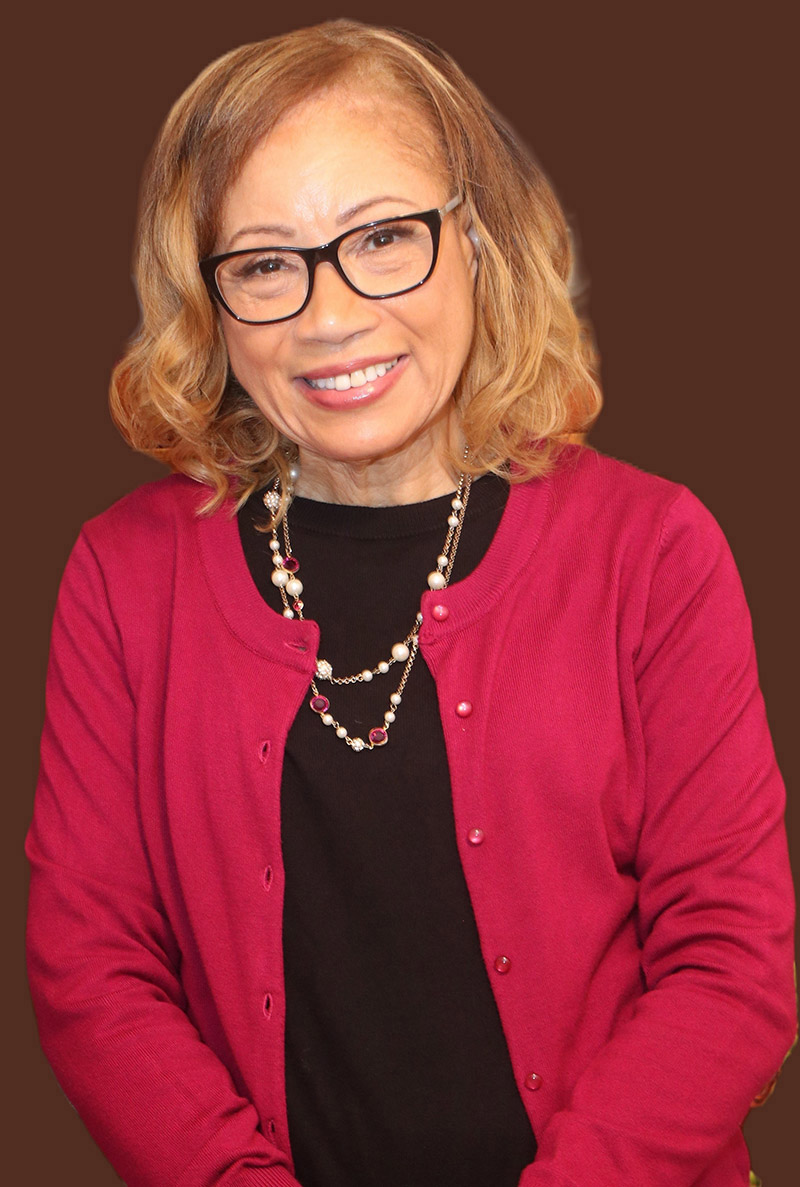San Francisco State University Professor Diane Harris is the newly appointed assistant dean for the College of Science & Engineering (CoSE), tasked with institutionalizing an anti-racist multicultural community within the college. The inspiration for the position began in 2020 when CoSE issued a statement of solidarity with the Black Lives Matter movement after the murder of George Floyd and others, such as Breonna Taylor and Ahmaud Arbery. Harris credits CoSE Dean Carmen Domingo for starting CoSE’s initial conversations and coordinating community commitment three years ago.
As assistant dean, Harris is tasked with implementing the goals and objectives of the Strategic Action Plan developed by the CoSE Anti-Racism Task Force and completed in August 2022. One of these tasks for assistant dean Harris, in collaboration with Dean Domingo and members of CoSE, is to create an Antiracism Committee (ARC). Harris will work closely with ARC — which will be comprised of faculty, staff and students representing multicultural communities — to meet the Strategic Action Plan’s short- and long-term goals and accountability benchmarks for dismantling racist structures and building new structures of multiculturalism, inclusion, equity and anti-racism within the college.
Although eradicating racism is a worthy goal, it is a lofty one and this work is very complex. Among the overarching goals of the Strategic Action Plan is the goal of assessing the racial climate that CoSE students, faculty and staff experience in their academic endeavors.
Another goal of the CoSE Strategic Action Plan aligns with the commitment across SF State and the CSU system to generate a climate of anti-racism through social justice for diversity, inclusion and equity. Building partnerships between CoSE and other colleges throughout the SF State community will advance social justice, create a climate of antiracism and produce a community of multiculturalism, inclusion and equity across campus.
“We will be constantly evaluating our policies and practices to discern whether or not they are effective in allowing us to change the existing racial climate to an inclusive and equitable community of multiculturalism,” Harris explains. This process requires commitment from faculty, staff and students, as well as time, effort and resources to facilitate the building of an anti-racism, multicultural community.
